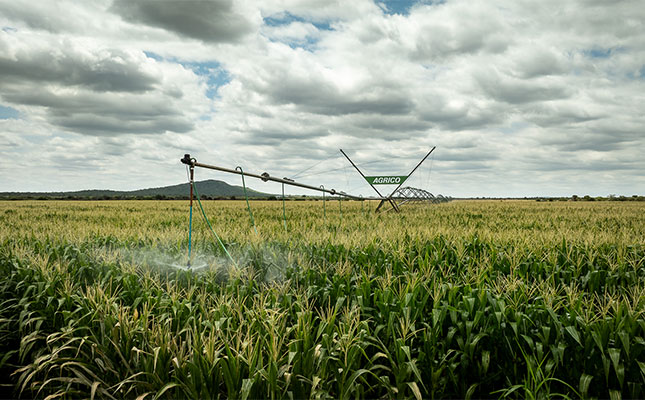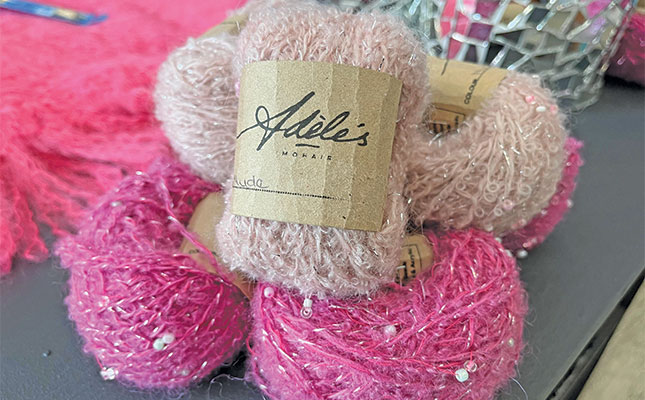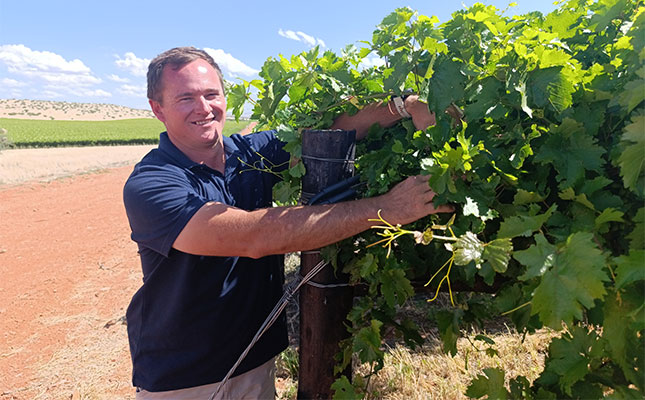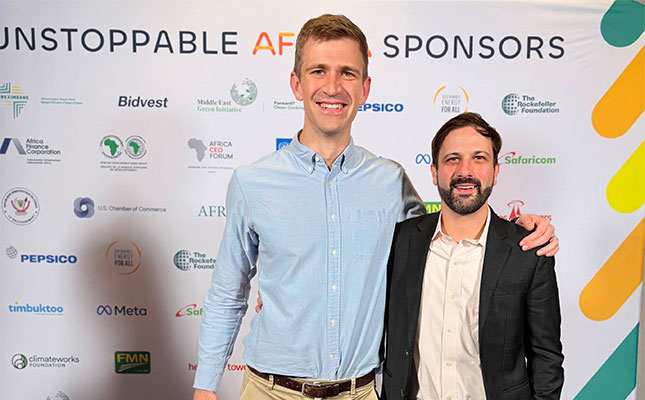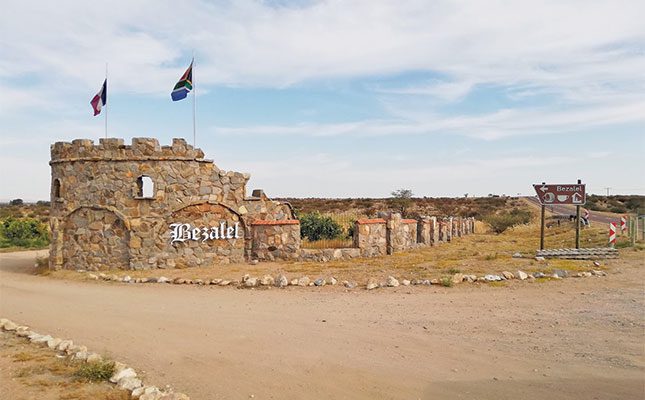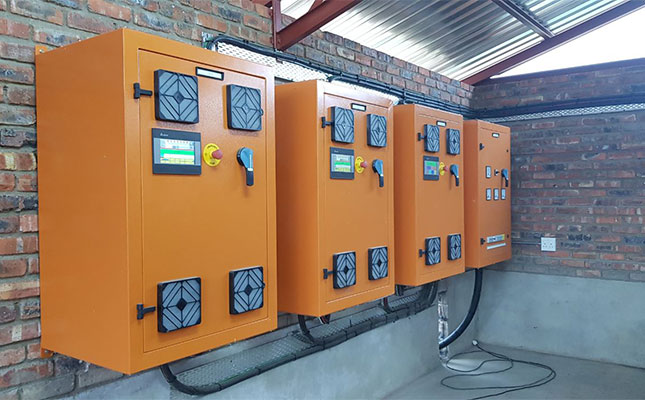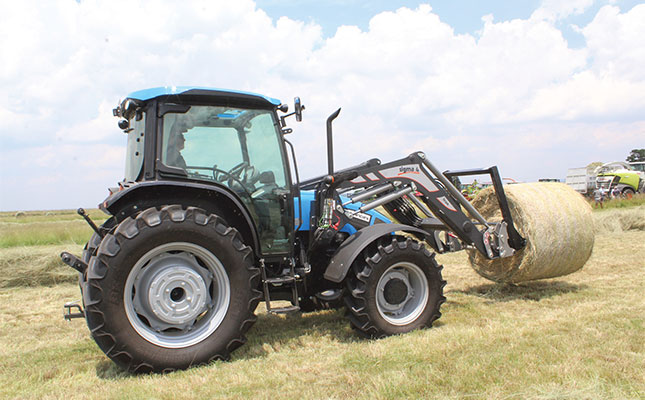
Bees are the unsung heroes of the agricultural world. They quietly pollinate crops, ensuring that we have a steady supply of fruits, vegetables, and even the coffee beans that bring us to life in the morning. Yet, around the world, bees are in trouble.
Misinformation, habitat loss and irresponsible practices threaten these vital insects. For one South African woman, Elizabeth Lamond, a love of bees, a corporate background, and a determination to protect her country’s apiculture and agriculture ignited a passion for creating change.
“As a child we lived in Phalaborwa and my father had a few hives of bees. His boxes were on my grandparents’ farm out in Bushbuckridge, a healthy foraging area way back in the day. Hence bee farming has always been in my DNA. I have spent a large part of my life in the corporate world involved with strategic financial planning,” says Lamond.
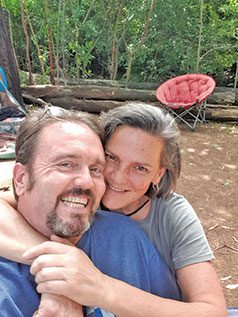
Some 17 years ago, Lamond bought a small piece of land in the Marquard area of the Free State. While the farm, Susannaspos, was too small to make a sustainable living from any conventional farming practices, it was big enough to start her own beekeeping business and produce her raw honey, yoUBee Honey.
“I did a course in beekeeping in Johannesburg a few years ago and then just got going,” she says.
Steadily gaining ground
She says women have steadily been gaining ground in the apiculture industry, and “although in the minority, have staked their claim to fame”.
“Many years in corporate schooled me in adversity in a male environment. Choose your battles; their opinions do not count as it is just an opinion, it is their views and values.
I am the one packing 120 brood boxes weighing 20kg each on a trailer for pollination at 11pm. Their opinions are what fuels me at that time of the night! Once they see that you are serious about what you do, they might even start asking you for advice.
“I am blessed in that my mentors, which happen to be mostly male, have been around in the industry for 50 years. Their knowledge is astounding, they are patient and are always happy to guide me and help when I have questions.”
Lamond has only been in the industry for five years, but she is well versed in the challenges facing the industry and aspiring beekeepers.
“Your initial challenge in apiculture is usually the start-up cost of equipment, brood boxes, catch boxes and protective gear.
READ The key to successful honeybee farming
“Once you are geared up, the next question is the availability of apiaries. The lack of apiaries is due to misinformation or no education in the public domain. People do not understand the characteristics of the African honeybee. They are either scared or arrogant, which usually ends up in disaster.
The lack of education has also contributed to my motivation to register an official body, the Free State Beekeeping Association [FSBA], where like-minded people can have a platform to operate from.
I have managed to acquire several apiaries by networking, driving up to a farmhouse and meeting the farmer, and explaining the benefits to both stakeholders.
“At FSBA, we want to create a database of available apiaries, a safe space for your investment. The intent is to list farms and smallholdings where the owners are happy to accommodate bee boxes, so when we have bee farmers that want to extend, or a hobbyist in town that needs space for his two boxes, we can assist with a list of apiaries in his or her area.”
Challenges
One of the biggest challenges Lamond has come across in apiculture is to get the public to understand that bee removal costs money.
“We often get requests along the lines of: ‘Do you want bees? You can come fetch them.’ But bee removal costs time, equipment, labour and fuel. A bee farmer cannot afford to do charity for all. You cannot expect the farmer next door to come and plough and plant your fields just because they have the equipment,” she says.
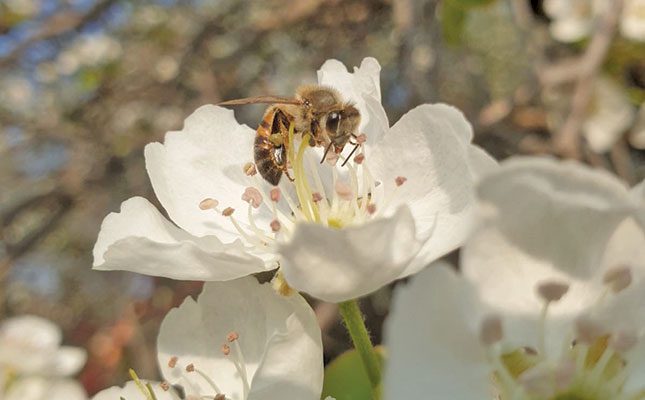
Lamond only keeps brood boxes that need nursing on her farm. She adds that she does a lot of removals.
“I prefer to keep an eye on the removals until I know they are settled: pollen is going into the box and there is a healthy movement of bees. Only then will I move the swarm to an apiary.
I am busy building a 1ha bee nursery with everything that flowers, such as apple and cherry trees, on my farm to provide more immediate foraging to the recovery swarms.
However, no beekeeper can sustain a viable business on his property alone. Bees can forage up to a 3km radius, and depending on the quality and quantity of foraging available, they might have to go further, hence it is particularly important to understand what foraging is available to your bees.
“My apiaries are spread across various farms, where I have an agreement with each farmer pertaining to what he gets in exchange for providing me space for my boxes. You respect his farm and operations, you always inform them day or night when you access their properties,” says Lamond.
She adds that like any other agriculture operation, beekeeping is season-sensitive, with the season determining when farmers need to hang their catch boxes or transfer broods.
“You need to read your bees: do they need space? What are the signs of preparation for swarming? Which colonies are struggling? The more time you spend with your bees and get to know them, the more you can anticipate their behaviour within reason.
Count your boxes regularly, as theft is a real problem and has a crippling financial impact on bee farmers. No beekeeper likes feeding the bees in winter. It is a costly exercise, but sometimes necessary for the survival of a colony. In the dearth period, especially in the Free State, foraging is extremely scarce.”
The future
Lamond says her goal for the future is to live in a South Africa where only true raw honey produced by Apis mellifera scutellata, the African honeybee, is sold on the shelf of every retailer.
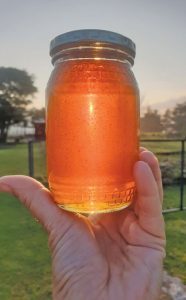
“I want to live in a country where government does not allow for the import of the tons of adulterated ‘honey’, forcing commercial bee farmers to close their doors.”
She hopes to help make beekeeping an integrated part of the agriculture sector.
“We should be part of any major agricultural event or festival, as without our bees the farmers of soya and sunflowers will deliver a lot less tonnage per hectare.”
She hopes to become involved in the training of youth, particularly young women, to become beekeepers.
READ Smallholder farmers should welcome wild bees
“I did a bee removal for an orphanage and three of the young teenage girls expressed interest in learning to become beekeepers. I would like to be able to assist and sponsor youngsters like these by beginning an initiative that sees young women training in apiculture.”
She also hopes to see the first Honey and Bee competition held in the Free State, and is already working on organising it.
Lamond says that apiculture can be daunting due to the danger involved in farming bees. Moreover, the equipment is heavy and difficult to move. Her advice to women beekeepers is to work smarter, not harder, and to plan better in this regard. “Get a trolley to move your boxes, for example.”
She also advises them to join a beekeeping association in their province, and to find mentors they feel comfortable working with.
“Shadow a mentor until you are comfortable to work on your own. Volunteer and get involved.”
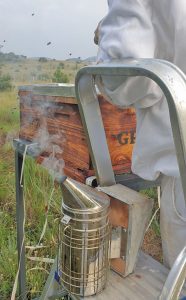
Finally, she recommends that beekeepers keep a ‘bee calendar’ that indicates all the
tasks and activities for the year related to the business.
“I stick to it as much as possible. Be prepared and don’t fall behind because you won’t make up for lost time, which will cost you dearly.”
Lamond is also passionate about protecting South Africa’s eucalyptus trees.
“The bees in South Africa are dependent solely on eucalyptus in many areas of the country. There is such misinformation regarding the benefits of these trees. I have started a eucalyptus nursery, and I am working with a horticulturist from Johannesburg who has helped me identify all the eucalyptus species in my apiaries and is guiding me on what I need to grow for future bee foraging,” she says.
“Obviously, I will not be propagating any of the seven declared invaders. I already have had many requests for my trees from various bee farmers.”
Email Elizabeth Lamond at [email protected].


